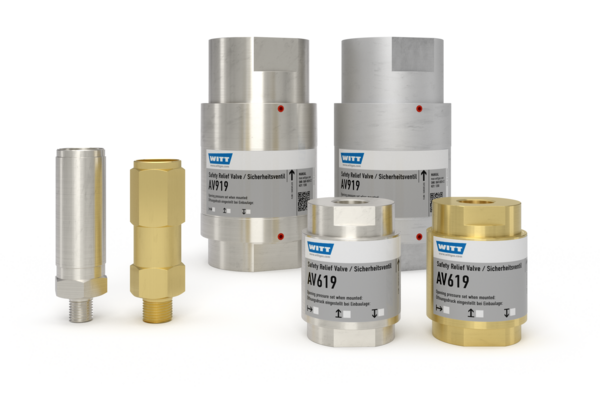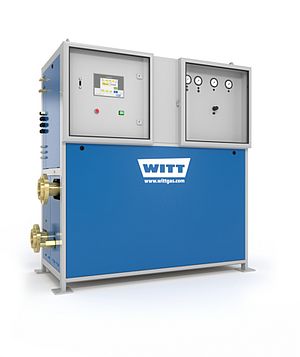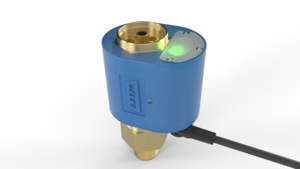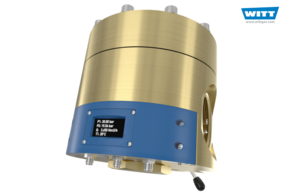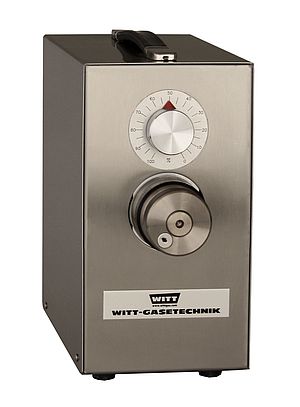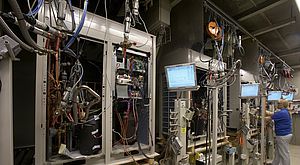Green hydrogen, produced by electrolysis using renewable energy, is considered an important building block of the energy transition away from CO2 emissions. For maximum safety, electrolysers need reliable safety valves. Safety valves from WITT provide the required precision and flow capacity for electrolysers.
Historically and currently, enormous amounts of hydrogen are needed for key industrial processes such as the manufacture of artificial fertilisers and steel. New H2 applications such as fuel cell vehicles would further increase future demand. To contribute to the energy transition, this hydrogen needs to be 'green' instead of being derived from fossil fuels, i.e. without producing CO2 in the process. This will require large hydrogen electrolysers. These consist of several stacks of electrolysis cells. For safe operation, the individual stacks require protection against overpressure with safety valves.
Precise Valves for different kinds of electrolysers
The WITT safety valves AV 619 and AV 919 perfectly match the target pressure and temperature ranges of PEM and Solid Oxide electrolysers. The opening pressure can be set accurately anywhere in range 5 to 500 mbar. The operating temperature can be anywhere up to 250°C. For Alkaline electrolysers, the SV 805 model is ideal, with an opening pressure settable anywhere in the range 0.5 to 45 bar, with operating temperatures up to 150°C.
Oil and grease free valves
Highly precise and reliable, the valves open when the set pressure is reached and safely protect workers and sensitive equipment from overpressure. Despite their small size, the valves allow high flow rates, making them also suitable for large installations. The valves are available with the elastomers required for hydrogen, including EPDM or FFKM (also known as FFPM). WITT safety relief valves are oil and grease-free, can be installed in any position, and are available with various inlet and outlet connections and in different materials, including stainless steel or aluminium (AV 919). Optionally, WITT offer TÜV Certification of individual valves’ set pressures.


